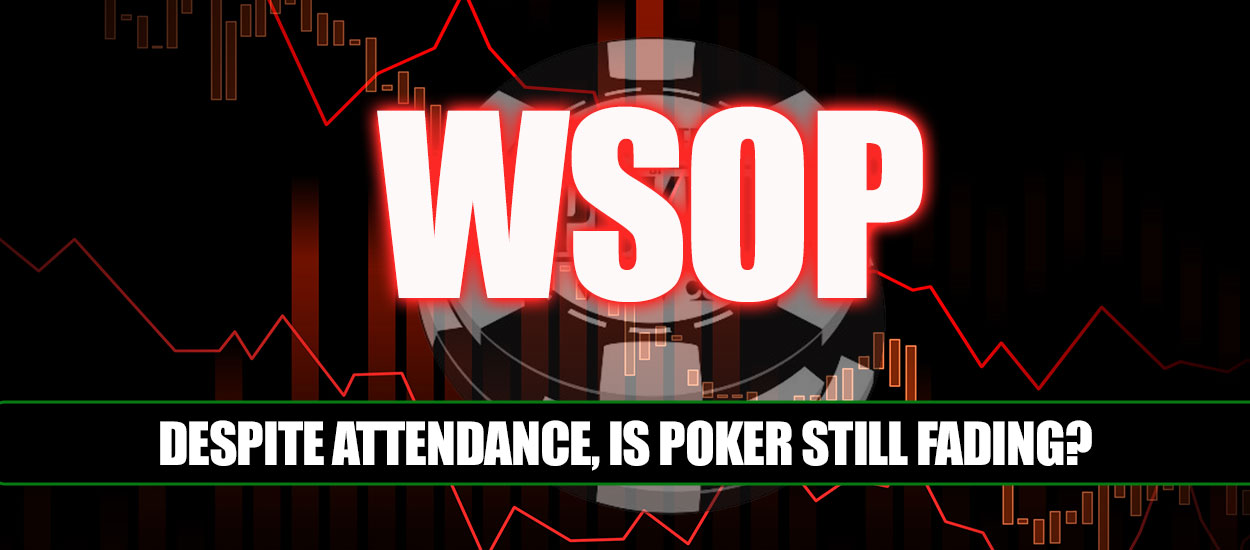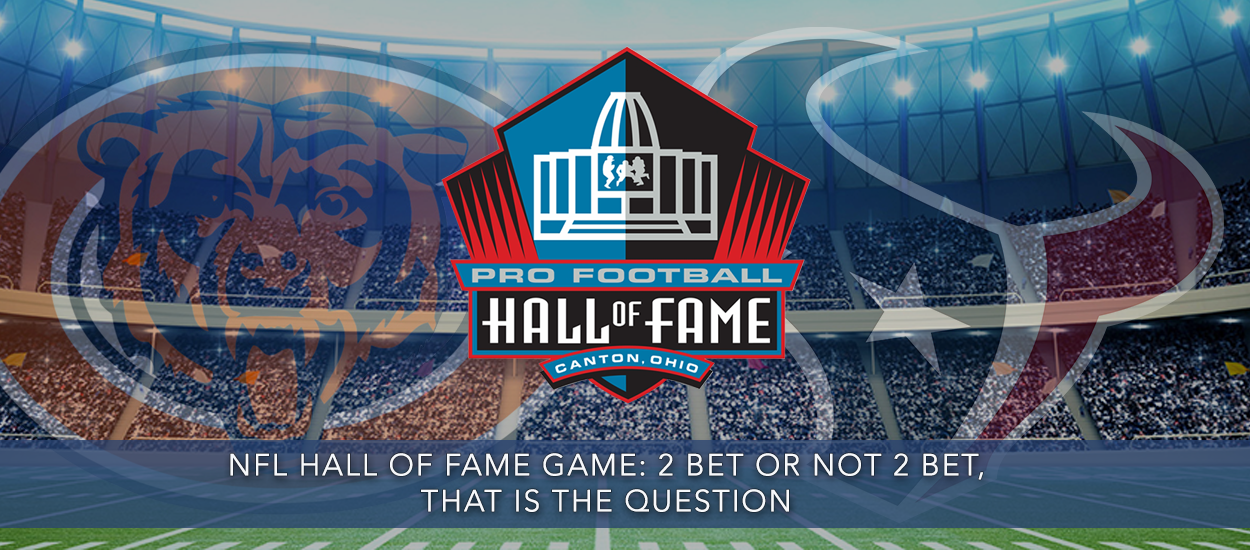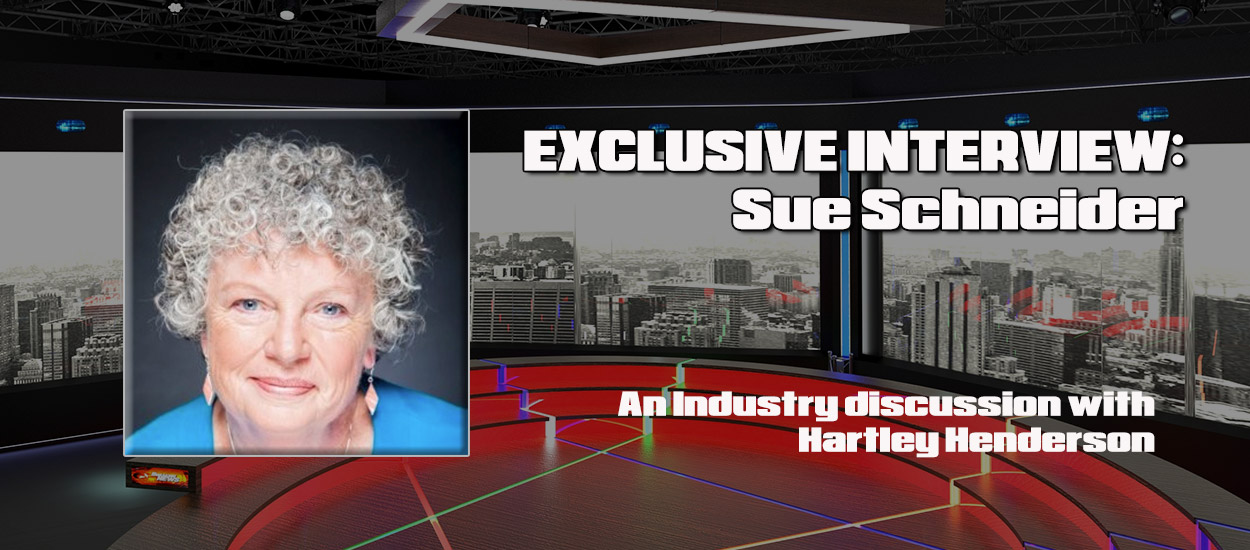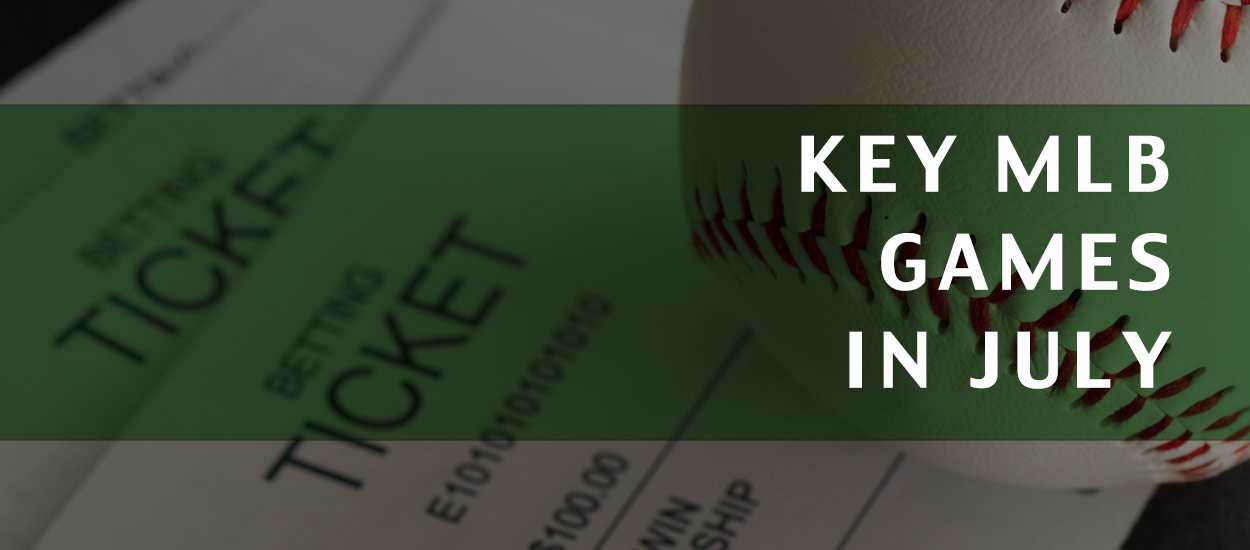Poker in the United States is struggling
The World Series of Poker Main Event this year drew 10,043 players, smashing the old record of 8,773 in 2006 when 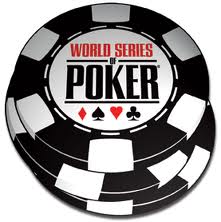 Jamie Gold’s Q-9 offsuit held up against Paul Wasicka’s pocket 10s after a queen came up on the flop. The $12,100,000 first prize this year is also $100,000 higher than in 2006. It is notable that the WSOP Main Event has consistently drawn over 6,000 entrants every year since Chris Moneymaker’s win in 2003 followed by Greg Raymer’s win in 2004, who both won their $10,000 entry free through a cheap online poker satellite tournament.
Jamie Gold’s Q-9 offsuit held up against Paul Wasicka’s pocket 10s after a queen came up on the flop. The $12,100,000 first prize this year is also $100,000 higher than in 2006. It is notable that the WSOP Main Event has consistently drawn over 6,000 entrants every year since Chris Moneymaker’s win in 2003 followed by Greg Raymer’s win in 2004, who both won their $10,000 entry free through a cheap online poker satellite tournament.
The one exception was 2020 when COVID-19 turned the event upside down with the main event taking place simultaneously online at WSOP.com in the United States and at GGPoker.com in the rest of the world. The final tables were played live in the Czech Republic and Las Vegas and the final twosome met in January 2021 in Las Vegas where Damian Salas of Argentina beat Joseph Hebert of Louisiana. While Salas was deemed to be the official WSOP championship that year, almost every poker player and analyst would say that the true WSOP championship that year was a $5,000 buy-in tournament held only online at GGPoker which attracted over 5,800 players and which Stoyan Madanzhiev won, collecting almost 3X as much as Salas won in the "official event".
Yet, despite this year's large WSOP turnout, there is still the belief that poker as a whole is dying.
I spoke with Jack, a semi-professional player from California, who I interviewed when the Poker Player’s Alliance was lobbying to have poker licensed and regulated in the United States, for his perspectives on poker today. He moved to Ireland eight years ago after marrying his Irish wife, and he still plays poker today both online and in person.
Hartley: What do you make of the turnout this year, almost 40% higher than the previous record turnout for the main event?
Jack: Covid was a nightmare for tournament players. Lockdowns, travel restrictions and just a general disinterest in appearing in large crowds kept many players away from in-person poker. I moved here (Ireland) in 2015 with my family and as bad as it was here during Covid, my family told me it was much worse in the States. This is the first year since 2019 where players from everywhere can travel and gather without fear or restrictions, so it’' no surprise that those sitting on the sidelines want to get back in the game. There were also a lot more satellites being offered online than anytime I can recall in the past (at least in Europe), and for those who ponied up the 10 thousand they most likely saved up during the past three years with this event in mind.
H: You didn’t enter the tournament this year. Did the large field scare you off?
J: The specific field size itself has nothing to do with it. Whether it was 12,000 or 6,000, it’s just too many. As a rule, I avoid large tournaments and especially the World Series of Poker because it’s a crapshoot. If I could play in the days of Stu Unger and Doyle Brunson when there were 200 players maximum, I would have done so in a heartbeat . . . if my wife let me. But since I was born in the 80s, this was obviously impossible. With so few players, skill, instinct and the ability to read others was at the forefront. But nowadays the WSOP is pretty much all luck. I understand the desire to win the WSOP and be rich and famous, but there’s a difference between dreaming and reality. I wouldn’t pay $10,000 to buy a lottery ticket regardless of the jackpot and I equate the WSOP the same way. That’s in addition to the cost of travel and the time away from my family.
H: Did you ever play at the World Series of Poker?
J: I did once around a decade ago when I was still living in California. I played in both the main event (four of us put in $2,500 each and I played as a partnership), as well as a $500 pot limit Omaha tourney. I did poorly in that Omaha tournament and in the main event I was knocked out early when I went all in with a set of 8s only to be beaten when the ass who called me lucked out with runner-runner suited cards. I call him an ass because the bet made no sense. The flop was something like 2-6-8 and he started dancing afterwards like he was the smartest player of all time. Of course, he lost everything by the 2nd day, but I vowed right then and there that I was done with large tournaments because skill plays very little into the results and I don’t like to simply throw money away on a whim. I prefer to play against others who know the odds and if I beat him, it’s because I out-skilled him, not out-lucked him.
H: Do you believe sponsored professionals like Ivey, Negreanu or Hellmuth enjoy the tournament?
J: Probably not, for the same reason I mentioned. It’s pretty much all luck, plus it’s crowded, hot and all eyes are focused on them until they get eliminated. I remember when Phil Ivey made the final table a few years back, he said it shocked him that he got that far, suggesting it was mostly due to luck. What I can tell you for sure is that a lot of players are disinterested in many other large tournaments and are only there for sponsor commitment reasons. I’ll never forget there was a larger EPT tourney (European Poker Tournament) out this way during the summer and a player whose name I won’t mention was saying to everyone from the time he landed that he didn’t want to be playing poker and would rather be on the beach. So, in one of his first games someone went all in after the flop and he called. He had 5-8 offsuit with nothing paired on the board and was about 5% to win after the flop. Sure enough he lost and laughed as he walked away as if a weight was lifted off him. I know the sponsor would have paid all his expenses, including the fee for the tournament and all I could think was that he was a jerk. He’s one of the best players in the game, but he should have at least tried to win.
H: A lot of people say poker is dying. Do you agree?
J: Yes and no. I would say that poker is in trouble in-person, but thriving online. And I would also say cash games are not doing well in-person, but are doing ok online. I play mostly online now and have no problem finding a table to play cash games or tournaments on the Internet. But when I go to a live poker room anytime other than a Friday or Saturday night, the place is virtually empty and I often am lucky to be playing against three or more players in cash games. And most of the tournaments at the poker rooms are on weekends. I also see the age of those playing cash games rising, at least in person. When I first started playing cash games at California poker rooms, I was in my 20s and was always the youngest at the table. When I left California for Ireland, I was in my 30s and still one of the youngest at the tables. I am now approaching 40 and most cash players are older than me. The youth I used to see at the tables just aren’t there anymore. But that’s logical. Poker used to be a way for college kids and young adults to socialize. They would get together and play poker against each other and then use those skills at the casinos. That’s how it started for me. Now younger people are into more video type games and eSports for socialization and the ones who do play poker do so almost exclusively online. I have had the opportunity to meet a few people I play with online, and the younger ones all say they never darken the door of a land-based establishment.
Online tournaments are huge here as well. There seems to be thousands at each of the big tournaments. I’ll play those online because the buy in is small and I don’t care if I lose a couple of hundred euros for the chance to win millions. And for some of the big online tournaments with set number of players offered by PokerStars, Betfair, GGPoker, etc. the tables are full well in advance.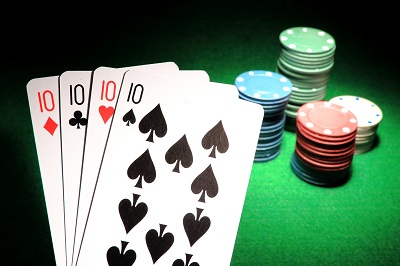 Of course, I am speaking about Europe. I saw poker starting to die in the United States when I was still living there thanks to Black Friday and the shutdown of sites like PokerStars and FullTilt in the early 2010s and when that happened, poker all but disappeared at casinos and poker rooms. As I recall TV poker also all but disappeared. I recall being in Vegas around a decade ago and couldn’t find a single table to play. Every poker room I enjoyed when I was in my early 20s in Vegas was closed. The only games were played in backrooms. And even in California, poker went way downhill after Black Friday. I was talking to my father and a couple of friends in the U.S., and they tell me that sports betting is thriving now in most states, but poker is still dead. My brother-in-law lives in New Jersey where they have legal online poker and he said he can never find a tournament to play in as the tables are mostly empty. For poker to be viable you need volume, but as I understand it only five states have legal online poker, and the reason it is so successful here is because there is a whole world, minus the U.S., playing on the website and app. With billions of potential players, tables will be full. I expect online poker in the U.S. and subsequently in person to grow once all the states with legal sports betting also legalize and offer poker online. In its heyday, when I started playing, everyone was playing poker at PokerStars or FullTilt in the U.S. and took that interest to the land-based poker rooms. One begets the other.
Of course, I am speaking about Europe. I saw poker starting to die in the United States when I was still living there thanks to Black Friday and the shutdown of sites like PokerStars and FullTilt in the early 2010s and when that happened, poker all but disappeared at casinos and poker rooms. As I recall TV poker also all but disappeared. I recall being in Vegas around a decade ago and couldn’t find a single table to play. Every poker room I enjoyed when I was in my early 20s in Vegas was closed. The only games were played in backrooms. And even in California, poker went way downhill after Black Friday. I was talking to my father and a couple of friends in the U.S., and they tell me that sports betting is thriving now in most states, but poker is still dead. My brother-in-law lives in New Jersey where they have legal online poker and he said he can never find a tournament to play in as the tables are mostly empty. For poker to be viable you need volume, but as I understand it only five states have legal online poker, and the reason it is so successful here is because there is a whole world, minus the U.S., playing on the website and app. With billions of potential players, tables will be full. I expect online poker in the U.S. and subsequently in person to grow once all the states with legal sports betting also legalize and offer poker online. In its heyday, when I started playing, everyone was playing poker at PokerStars or FullTilt in the U.S. and took that interest to the land-based poker rooms. One begets the other.
H: Are there any tournaments you prefer online over others and ones you hate?
J: I love sit n gos. They are full of fish. I have to laugh at the player who wins a 5 euro sit n go and decides he’s so good that he immediately buys into a 200 euro sit n go where of course players are better and skill always prevails. I win a lot of money on them, but large buy in sit n gos take a long time to fill. I also like that they are freeze out tournaments. I find rebuy tournaments waste a lot of time since bad players keep busting and buying back in. I much prefer that when you lose you are eliminated. The tournaments I hate are turbos and especially hyper turbos. Poker is a game where you must be willing to devote time and think through the games factoring in odds and intuition. But when you are forced to act quickly since there are time limits or when antes go up so fast that it forces you into bad plays, I don’t consider that fun or poker.
H: If a young person thinks they have the skill and wants to become a professional player either online or in person, what would you tell them?
J: If you think you’re going to get rich playing poker, you’ll probably be sorry. Most pro players have other jobs as well because they can’t make enough playing poker, since there is always someone far better than them. I found that out pretty fast and poker was always just a side hustle. PokerStars is not going to sponsor you despite what you think. For every Daniel Negreanu, there’s a Jack Simpson who does ok, but hardly makes a living at it. Having said that, if you do want to play then take the time to learn all the intricacies, including odds, and never chase losses. Also make sure you have a bankroll and play games with limits at first before you delve into no limit games. No limit hold 'em cash games are hard. It’s all intimidation and when you aren’t forced to put in everything on a hand you like, but are not certain of, you can learn from your errors. The best players I know always started with small limit hold ‘em games and worked their way up the ladder to larger limit games and eventually into no limit. Knowledge is experience and poker is a learning curve. I would also tell them to have fun. When it comes down to it, we all play poker because it’s a form of enjoyment as well as a way to make money. If it is going to stress you out every time you play, either because you are intimidated, or you can’t afford it, then look for a new job.
So, as of this writing, there were under 200 players left at the 2023 WSOP main event and I can honestly say I didn’t recognize one player still playing. One of those players is going to be rich and have notoriety for at least a couple of years, eight of the players will be instant millionaires, and 8,536 players will go home without a penny dreaming of the $10,000 they just pissed off on a fantasy. As Jack said, large tournaments are a crapshoot, but so is the lottery or a longshot NFL parlay, and it’s always fun to dream. Still, one thing is certain, despite the large WSOP field this year, poker in the U.S. is not doing well and like horse racing, where attendance and handle at the Kentucky Derby or Breeders’ Cup is huge, those special events are not indicative of the day-to-day reality of a dying sport. That likely isn’t going to change for poker in the U.S. until more states legalize online poker to help build volume and fill tables for sites like PokerStars, BetMGM Poker, WSOP.com and the few others which offer online poker in New Jersey, Delaware, Michigan, Pennsylvania and/or Nevada, the only 5 states with legal interstate poker play today. Casino gambling and poker was okayed in 2011 when the DOJ opinion allowed it, but it is still being rejected in almost every state for various political reasons. It’s time for a lot of states to look deep and ask if that still makes sense.
Read insights from Hartley Henderson every week here at OSGA and check out Hartley's RUMOR MILL!










